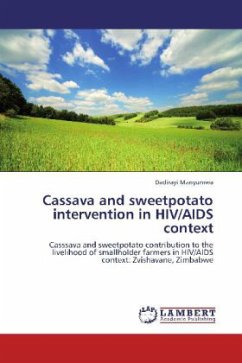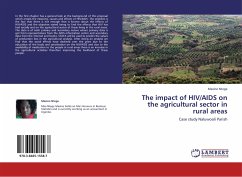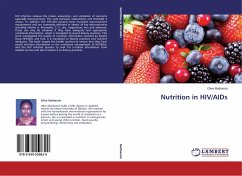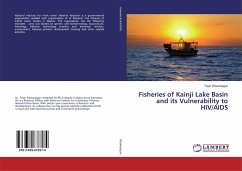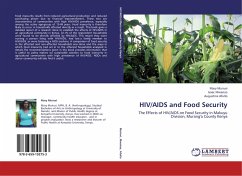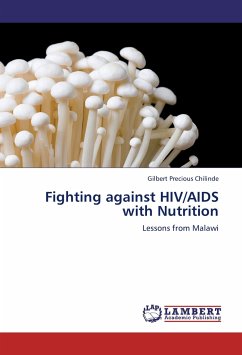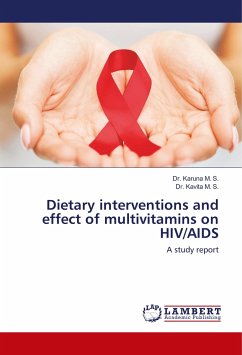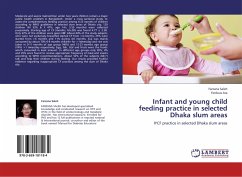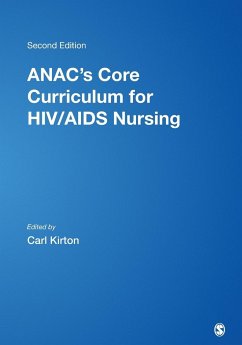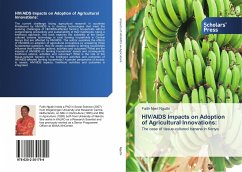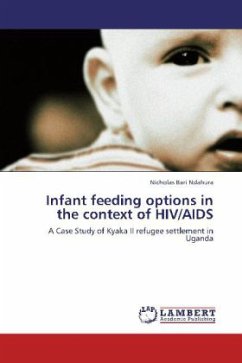
Infant feeding options in the context of HIV/AIDS
A Case Study of Kyaka II refugee settlement in Uganda
Versandkostenfrei!
Versandfertig in 6-10 Tagen
32,99 €
inkl. MwSt.

PAYBACK Punkte
16 °P sammeln!
Even in refugee settlements the rights of the mother are paramount and the choice of infant-feeding option should be left to the mother who should be fully informed through counselling and guidance. However, the quality of health services in camps and refugee settlements is usually mediocre. Though this situation can be improved with the help of health professionals who have basic knowledge and skills to give appropriate advice and know when and where to refer a mother who experiences more complex infant-feeding problems, especially in the context of HIV/AIDS. This book therefore provides more...
Even in refugee settlements the rights of the mother are paramount and the choice of infant-feeding option should be left to the mother who should be fully informed through counselling and guidance. However, the quality of health services in camps and refugee settlements is usually mediocre. Though this situation can be improved with the help of health professionals who have basic knowledge and skills to give appropriate advice and know when and where to refer a mother who experiences more complex infant-feeding problems, especially in the context of HIV/AIDS. This book therefore provides more insight into the level of awareness about mother-to-child transmission of HIV and feeding options for infants in the context of HIV/AIDS among women in a refugee settlement in Uganda. And the factors that influence their choices of feeding options for their infants. Hence this book should be useful to professionals in the nutrition and health fields, or anyone else who may be interested in reducing mother-to-child transmission of HIV and improving infant-feeding options in the context of HIV/AIDS among women.



